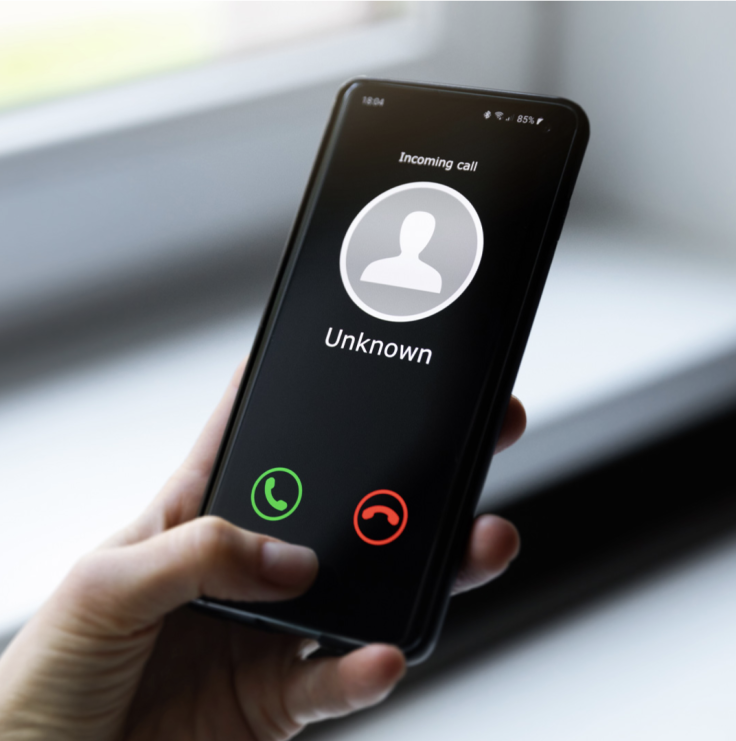In a long due move against fraudulent practices and election meddling, the Federal Communications Commission (FCC) has taken a firm decision by outlawing robocalls featuring voices generated by AI. This milestone ruling represents the FCC's commitment to eliminate fraudulent activities that exploit advanced technology to manipulate individuals, especially during election periods.

"The FCC is putting the fraudsters behind these robocalls on notice," declared FCC Chairwoman Jessica Rosenworcel in a news release. "Bad actors are using AI-generated voices in unsolicited robocalls to extort vulnerable family members, imitate celebrities, and misinform voters."
The unanimous decision, addressing robocalls produced with AI voice-cloning tools, marks a huge milestone in telecommunications regulation. By enforcing the Telephone Consumer Protection Act, the FCC has positioned itself to penalize companies involved in such illegitimate practices, thereby protecting consumers from unwanted solicitations and misinformation campaigns.
This ruling is more relevant in light of recent events in New Hampshire, where authorities are investigating AI-generated robocalls impersonating President Joe Biden's voice to discourage voter participation in the state's primary election. The prompt action taken by the FCC showcases the urgency of addressing imminent threats to electoral integrity and public trust.
Effective immediately, the regulation allows the FCC authority to fine offenders and block the telecommunications service providers facilitating these fraudulent calls. Moreover, it enables call recipients to pursue legal recourse against perpetrators and supports state attorneys general with enhanced tools to combat such outrageous activities.
Those who break the law can face fines with a maximum of more than $23,000 per call, the FCC said. For the call recipients, the law also allows potential recovery up to $1,500 in damages for each unwanted call.
However, even with the FCC's ruling, voters should prepare themselves for personalized spam to target them by phone, text and social media.
Josh Lawson, director of AI and democracy at the Aspen Institute, said, "The true dark hats tend to disregard the stakes and they know what they're doing is unlawful. We have to understand that bad actors are going to continue to rattle the cages and push the limits."







